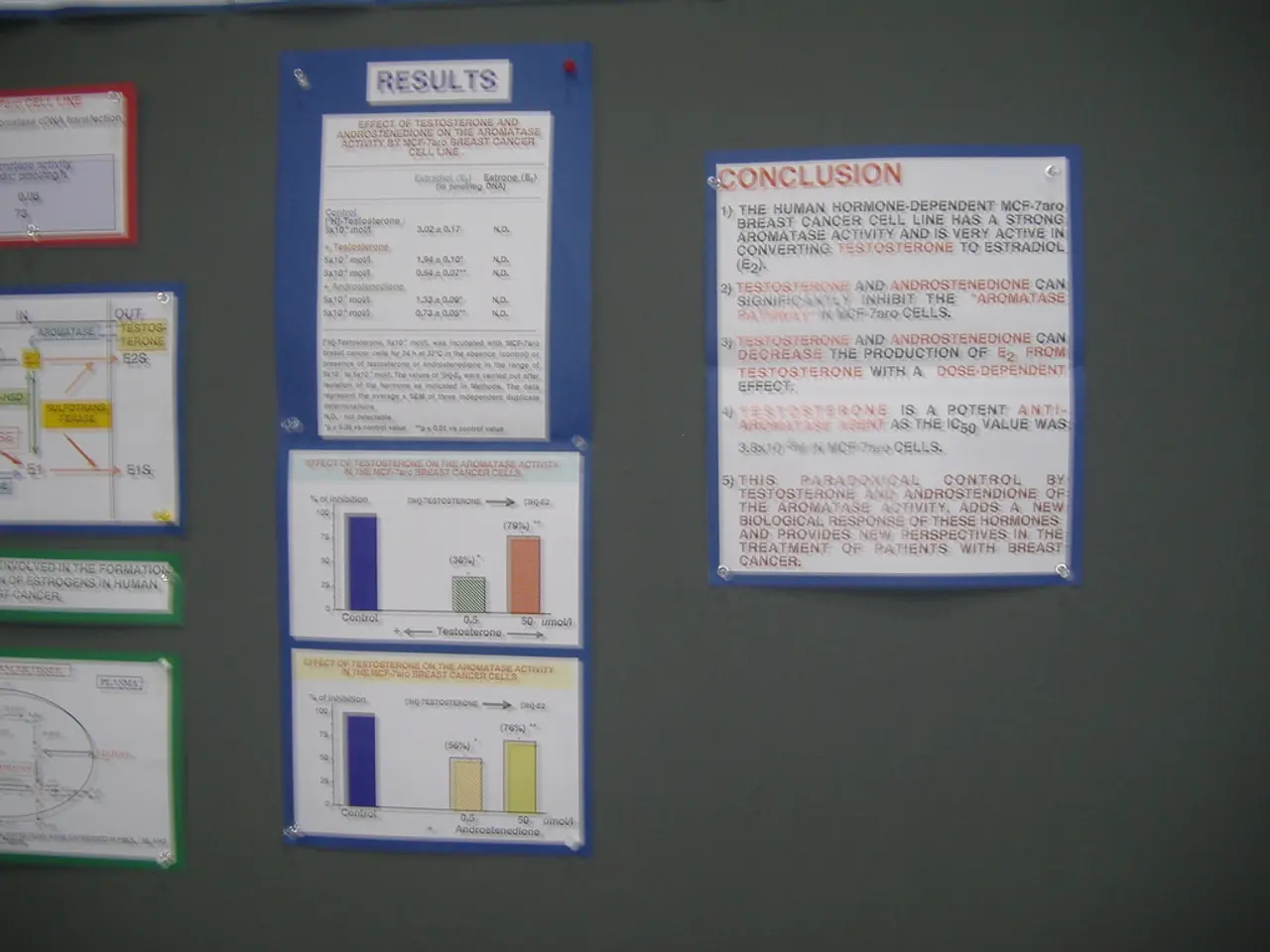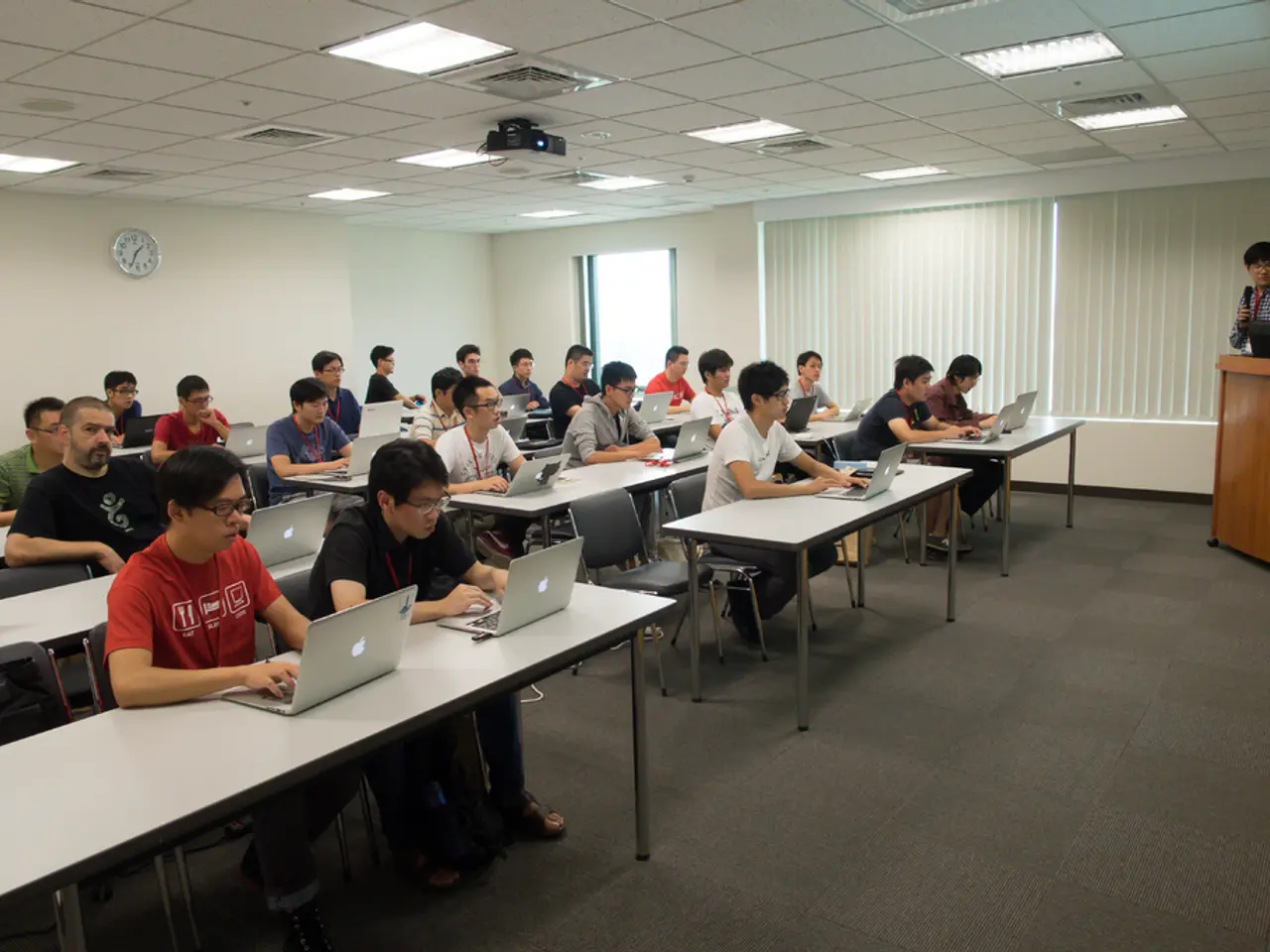Evaluating a Liberal Arts Institution: A Student's Perspective
Attending a liberal arts college offers a unique educational experience that blends a wide range of subjects and fosters well-rounded graduates. Here's a look at the benefits and potential drawbacks of choosing a liberal arts college.
Advantages of Liberal Arts Colleges
Well-rounded education
Students in liberal arts colleges have the opportunity to explore various subjects, from humanities to sciences. This approach encourages broad knowledge and diverse intellectual engagement, enhancing critical thinking, problem-solving, communication, collaboration, and empathy skills [1].
Smaller class sizes
Liberal arts colleges typically have smaller classes, leading to more personalized interaction and closer relationships with professors and classmates. This supports active participation and networking [1].
Community and residential life
Most students live on campus, contributing to a tight-knit community and richer social experiences [1].
Flexibility for career paths
A liberal arts degree provides skills applicable across many careers, making transitions between fields easier compared to more specialized trade training or majors [5].
Complementary skills for specific tracks
For example, premed students benefit from liberal arts education through enhanced communication and a broader understanding, though they must bridge some gaps in hard science exposure [3].
Disadvantages of Liberal Arts Colleges
Less specialized in hard sciences or technical fields
Students may have less intensive training in hard science, engineering, or technical skills, which might be challenging for graduate programs or careers demanding significant technical expertise [3].
Potential culture shock in specialized professional schools
For those entering fields like medical school, a liberal arts background may lead to adjustment difficulties due to less prior exposure to scientific detail and rigor [3].
Cost and competition
Some liberal arts colleges can be costly, and certain colleges have large waitlists indicating competitive admissions [2].
Job market ambiguity
While offering flexibility, liberal arts degrees may sometimes result in less direct job preparation compared with more vocational or technical degrees, potentially complicating immediate employment choices [5].
In conclusion, liberal arts colleges provide a broad, community-focused education that develops versatile skills applicable to diverse careers. However, they may lack the intensive specialization some professional paths require and can be less straightforward for immediate job placement in technical fields [1][3][5]. It's essential for prospective students to weigh these factors carefully when considering their college choices.
[1] National Center for Education Statistics. (2020). What are liberal arts colleges? Retrieved from https://nces.ed.gov/ipeds/glossary.aspx?id=64562
[2] U.S. News & World Report. (2021). Liberal Arts College Admissions. Retrieved from https://www.usnews.com/best-colleges/liberal-arts-colleges/admissions
[3] Association of American Colleges & Universities. (2019). Liberal Education and America's Promise. Retrieved from https://www.aacu.org/leap/vision-and-values
[4] National Association of Colleges and Employers. (2020). Job Outlook for Liberal Arts Majors. Retrieved from https://www.naceweb.org/career-readiness/job-outlook/job-outlook-for-liberal-arts-majors/
[5] Georgetown University Center on Education and the Workforce. (2014). The Economic Value of College Majors. Retrieved from https://cew.georgetown.edu/cew-reports/the-economic-value-of-college-majors/
A liberal arts college's education style offers an advantage for students aiming to pursue a lifestyle that values education-and-self-development, as it fosters well-rounded graduates with diverse intellectual engagement and a wide range of skills, including critical thinking, problem-solving, communication, collaboration, and empathy.
Alternatively, the lifestyle of individuals seeking careers in specialized fields like hard sciences, engineering, or technology may find that a liberal arts college's education does not provide the intensive training required for these pathways, potentially posing a challenge in terms of graduate programs or career opportunities.




